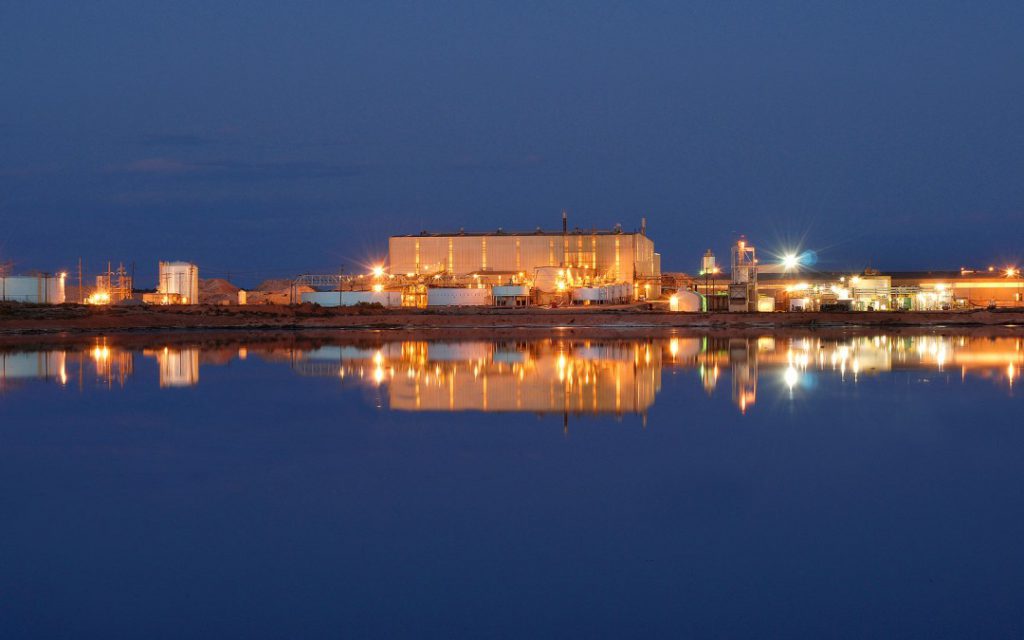Introduction
Energy Fuels (NYSE American: UUUU) (TSX: EFR), a Colorado-based company, has announced a significant technological advancement, claiming it can now produce six of the seven rare earth oxides currently under Chinese export controls. This development comes amidst escalating trade tensions between the US and China, with shares of the company rising 5.2% to C$6.49 in Toronto, reflecting investor optimism.
Technological Breakthrough and Market Impact
Earlier this month, China imposed export restrictions on seven types of rare earth elements (REEs) in response to new US tariffs under President Donald Trump. These minerals are critical for advanced technologies and difficult to substitute, with the US heavily reliant on imports due to limited domestic production. Energy Fuels operates the White Mesa mill in Utah, the only fully licensed uranium mill in the US, and has been producing neodymium-praseodymium (NdPr) oxides commercially since last year. Notably, NdPr, used in permanent magnet motors, is currently exempt from China's export bans.
The company now asserts it has the capability to produce six other rare earth oxides—samarium, gadolinium, dysprosium, terbium, lutetium, and yttrium—all of which fall under China's export restrictions. Through lab and pilot-scale testing since 2021, Energy Fuels has leveraged the high REE content in monazite, a byproduct of US heavy mineral sands mines. CEO Mark Chalmers stated, "We now have the data, knowledge, and much of the infrastructure in place to produce 'light', 'mid', and 'heavy' rare earth oxides at scale at the White Mesa mill."
Expansion Plans and Challenges
Energy Fuels is planning a significant expansion of its White Mesa mill, aiming to increase monazite concentrate processing capacity from 10,000 to 60,000 tonnes per year. While the company claims to have secured decades of monazite supply, domestic production from US mineral sands mines is not expected until 2028, meaning reliance on third-party suppliers in the interim. The company is also updating its 2024 prefeasibility study to a full feasibility study to incorporate this expansion.
Analysis and Skepticism
While this announcement positions Energy Fuels as a potential key player in reducing US dependence on Chinese rare earths, several questions remain. The scalability of producing these six oxides at a commercial level is unproven, as current claims are based on lab and pilot-scale testing. Additionally, the reliance on third-party monazite supply until 2028 introduces supply chain risks, especially in a geopolitically charged environment. The financial and logistical feasibility of the sixfold capacity expansion also warrants scrutiny, as such projects often face delays and cost overruns.
Nevertheless, if Energy Fuels can deliver on its promises, it could significantly bolster US strategic interests by diversifying rare earth supply chains. This development is a step toward mitigating the impact of China's export controls, though it is not a complete solution to the broader challenge of REE dependency.
